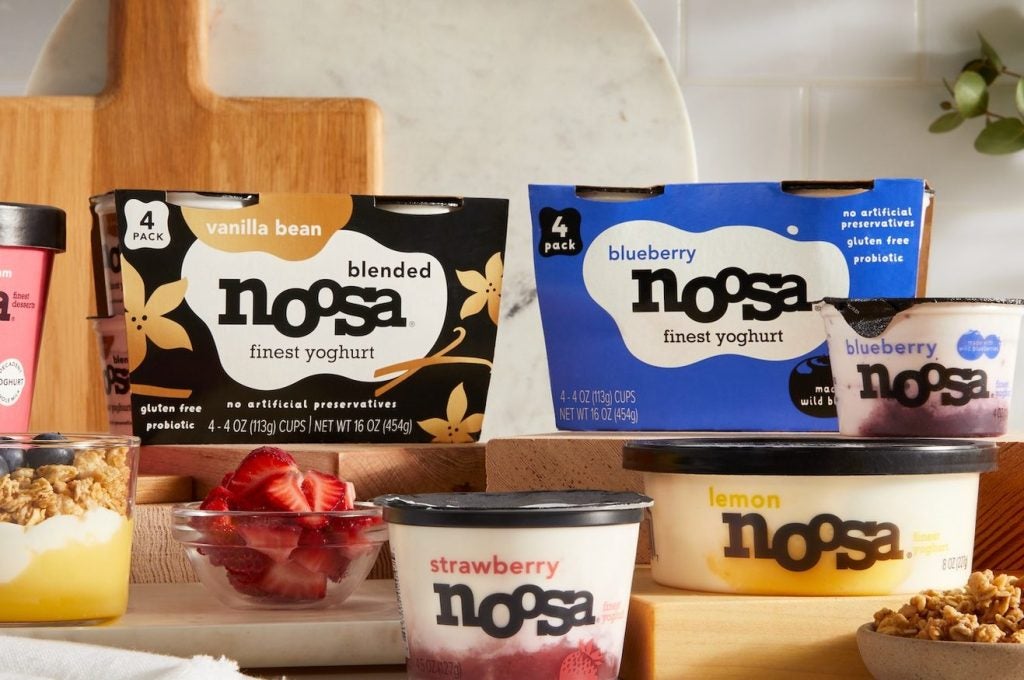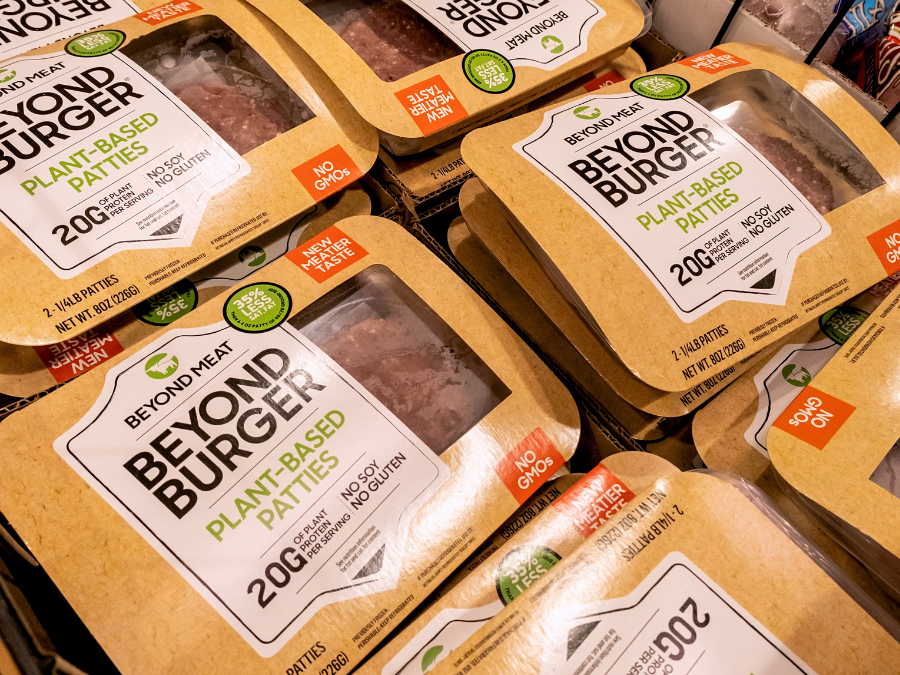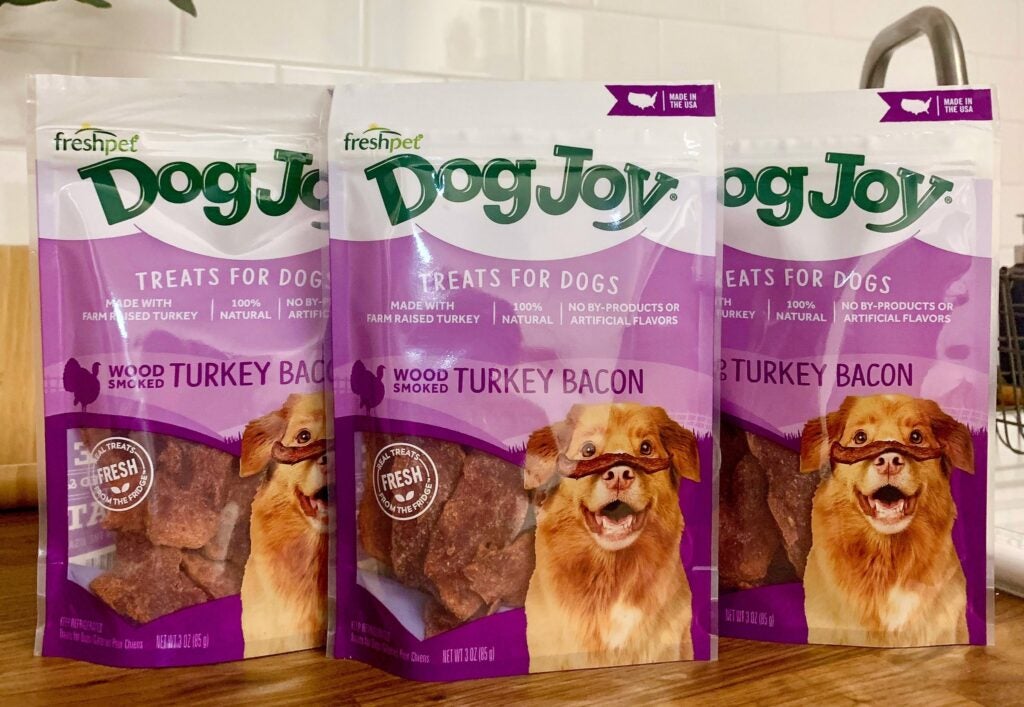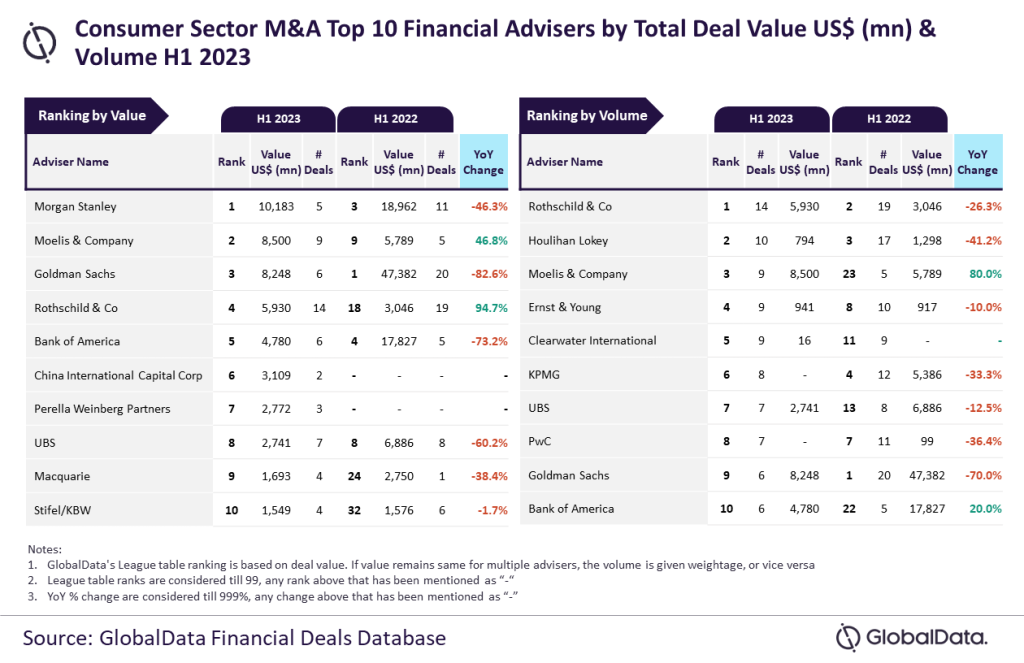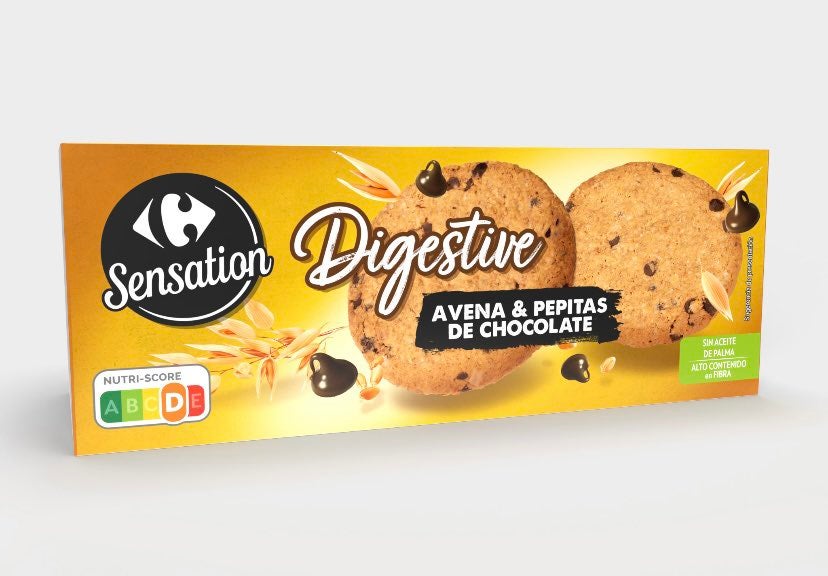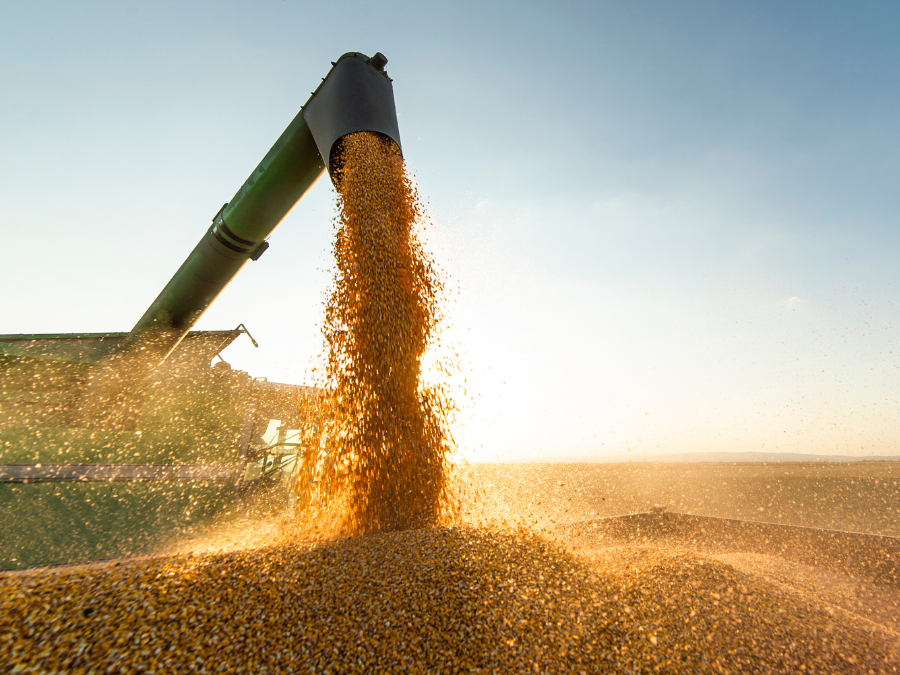Campbell Soup Co. has indicated the yogurt component of Sovos Brands’ portfolio is likely to be divested post the $2.7bn acquisition.
At the heart of the deal announced today (7 August) is the range of Rao’s Italian pasta sauces, which Campbell said “over-delivers” on its goal to create a $1bn sauces business. To that end, the US company suggested its existing range of Prego sauces will not be up for disposal.
With the Sovos Brands deal, which will be funded through an equal amount of debt securities, Campbell adds Michael Angelo’s Italian ready meals, soup, dried pasta and frozen pizza to its line-up. The company will also purchase the Noosa yogurt brand.
However, discussing the finer points of the transaction with analysts today, president and CEO Mark Clouse committed to the immediate future of Noosa yogurt but not in the longer term.
“While yogurt is not core to our strategy, we are excited that it’s performing very well with great products and strong profitability. The strength of the Noosa business will allow us to be patient as we evaluate strategic alternatives,” Clouse said in his presentation.
Clouse’s comments on yogurt drew analysts’ attention, with the Campbell chief admitting Noosa was a “strong” and “differentiated” business.
Nevertheless, he added during the Q&A session: “Our longer-term view is that yogurt is not a place where we see playing long term. I’m not worried at all about the trajectory of the business. Certainly, we’re not assuming this is going to be the growth engine in the acquisition, but I also don’t see it as a high-risk or heavy liability.”
Prego secure
Clouse also pointed to a “complementary” fit for Rao’s sauces, described as “ultra-distinctive”, sitting together with the Prego range of Italian, pizza and pesto sauces.
“The two businesses really do not interact or compete. It's a different consumer, different occasion,” he explained. “We still have tremendous confidence that Prego, within the mainstream segment, is going to continue to be a significant growth contributor.”
Campbell expects to reap annual run-rate “cost synergies” of about $50m from the Sovos Brands' deal over the next two years. Two-thirds are slated to come from a reduction in SG&A expenses and the remainder from the supply chain in terms of “greater scale in sourcing and procurement and efficiency gains and cost savings in our operations network”.
CFO Carrie Anderson said Campbell is likely to incur $90m of integration costs over the next two years, split 70:30 between operating expenses and capital expenditure.
“This acquisition is a powerful combination that we believe will fuel earnings growth, and it aligns with and advances Campbell's focused strategic roadmap,” Clouse said in his presentation. “In addition, it strengthens and diversifies our meals and beverages division with fast-growing premium brands that provide a significant runway for further growth and expansion into near and adjacent categories.
“Although frozen meals and pizza are new categories for us, the frozen route to market is not. We will have the ability to build scale utilising our existing Pepperidge Farms frozen portfolio, generating synergy across both businesses.”
Colorado-based Sovos Brands, set up in 2017 by private-equity firm Advent International, is aiming to increase sales of Rao’s sauces to $1bn, the company said in May in conjunction with its first-quarter results.
The latest numbers came out today. Organic sales for the three months to 1 July rose 16.3% (10.2% reported) to $217.6m. Rao’s sauces notched up $154.9m, up 29.3%. Year-to-date group sales were $470.4m.
Sovos Brands’ volumes again bucked the industry trend, rising 8.9% in the second quarter, with pricing growth of 7.4%. The gross profit margin increased 460 basis points to 32.5%, while net income turned to a $5.4m profit from a $30.2m loss.
Clouse was asked for his view on the potential “runway” left for growth in the Rao’s sauces brand.
He honed in on the average “velocities” for the brand’s SKUs, which he said were 60% higher than other similar units.
“Right now, when I look at distribution, their top five SKUs have an 80% or so distribution, but the next five are about 20 points below that. And these are still very, very high-velocity items,” Clouse explained.
“Even in the existing SKUs today, there is a significant distribution opportunity in the near-term horizon. Then as I think about the next piece of the puzzle for us, the business today is still at only about 14% household penetration with relatively low awareness. The equity over time is where we think we can really bring value that then gives us the opportunity to expand that household penetration.
“When I look at frozen meals and pizza, when I look at pasta and soup where they're just getting started now, we see a tremendous runway ahead.”


